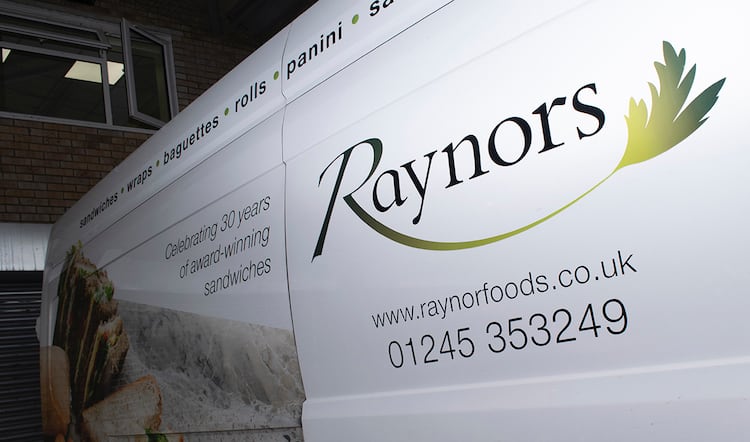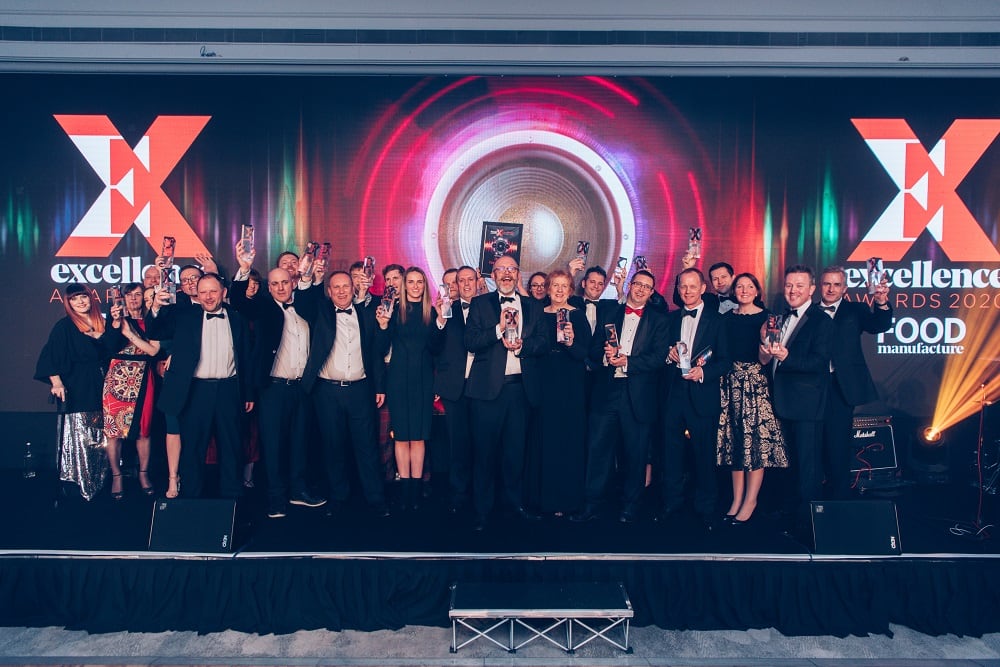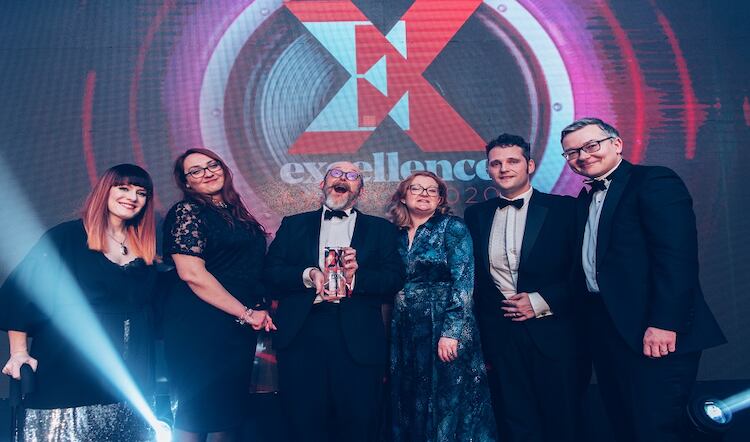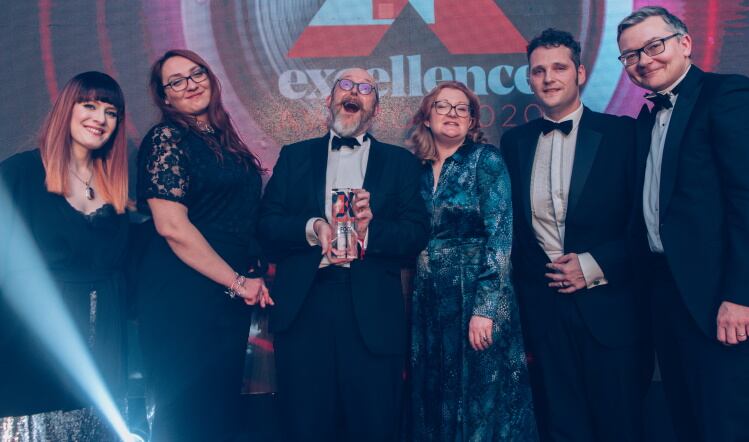"We have been making sandwiches for 32 years. We were in the industry before there was a sandwich industry.
When my mum and dad started the company there were four places in Chelmsford high street that you could buy a sandwich. Three of them were paper shops, which we supplied, and one of them was Marks & Spencer.
Last time I walked down Chelmsford High Street there were 16 places to buy a sandwich and we don’t supply one of them now. Our original factory was built 18-years ago and that is a standalone building that we now produce halal products in.
We have also built a hydroponic farm in there as well. We have put that on hold for now because of COVID-19, as you need some volume to make that work.
The second factory was opened about three-years ago after a £3m investment. The footprint is about 2,600m2 and there is an additional 650m2 of ambient warehousing that we have ready to expand as the business grows.
There are a total of seven production lines across the two sites – two in the halal factory and four in the main site with space for the fifth.
Adam Newland, our managing director, poured his heart and soul into the design of the new factory. He joined us at the tender age of 15 when his mum got him a job on a Sunday doing the washing up. By 19 he was running production.
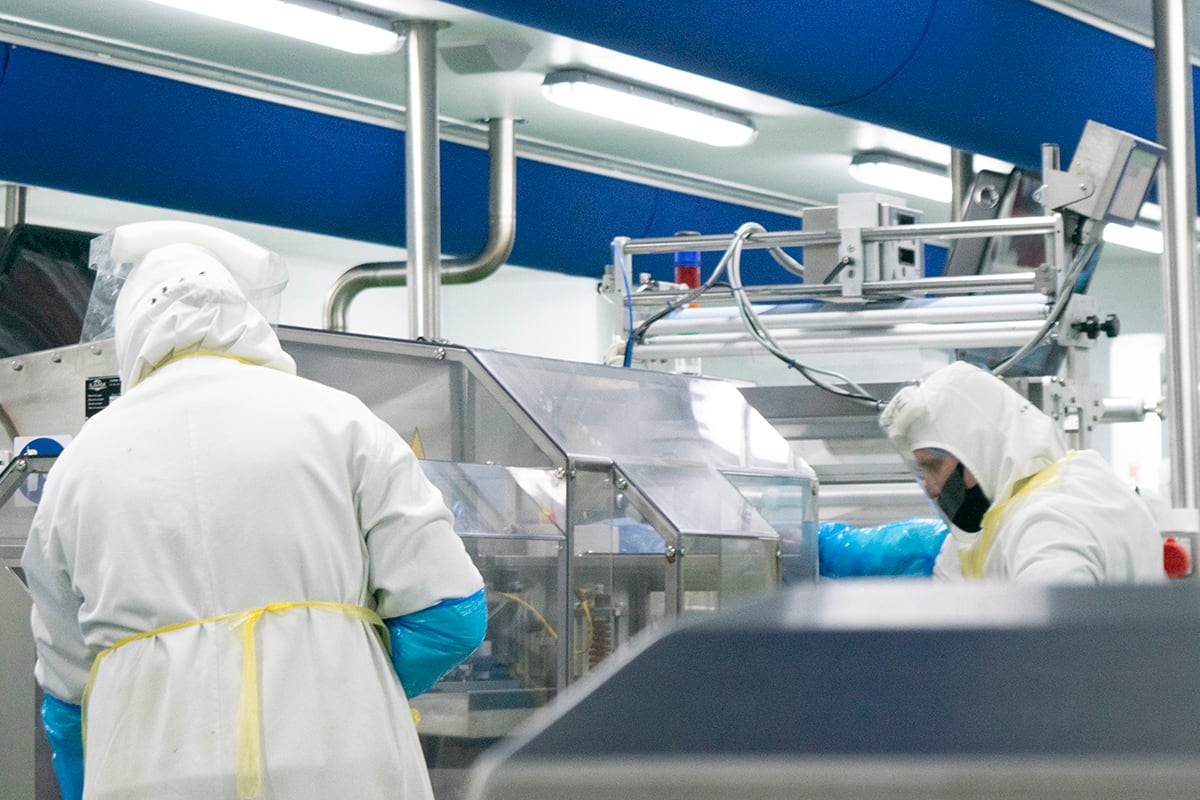
Dry Factory
We built a dry factory because one of our major concerns in terms of safety is listeria.
You often see gullies in factories where people are pressure washing. That is the sort of thing that keeps Adam and I up at night. We have one open drain in our factory and it is in the production room where we pressure wash all the crates. Everything else in the factory is done by hand and verified by swabbing every night.
Tom Hollands, innovation and technical director is responsible for largely authoring the regulations of Listeria in the supply chain, which were then adopted as best practice by the British Sandwich Association.
We have invested a great deal in production equipment because sectors like health care are cost driven. We have to work on labour costing, which means we continue to invest hundreds of thousands of pounds every year. A lot of it is about automation.
The industry is still feeling the repercussions of the demise of Adelie but it has really loosened up the market and has really shaken things up.
It has put a lot of business back on the market and there is a lot of people that were buying sandwiches pre-COVID-19 that are only just realising they don’t have a supplier.
Roughly speaking 30% of our business is NHS, 30% is education and 30% is airlines.
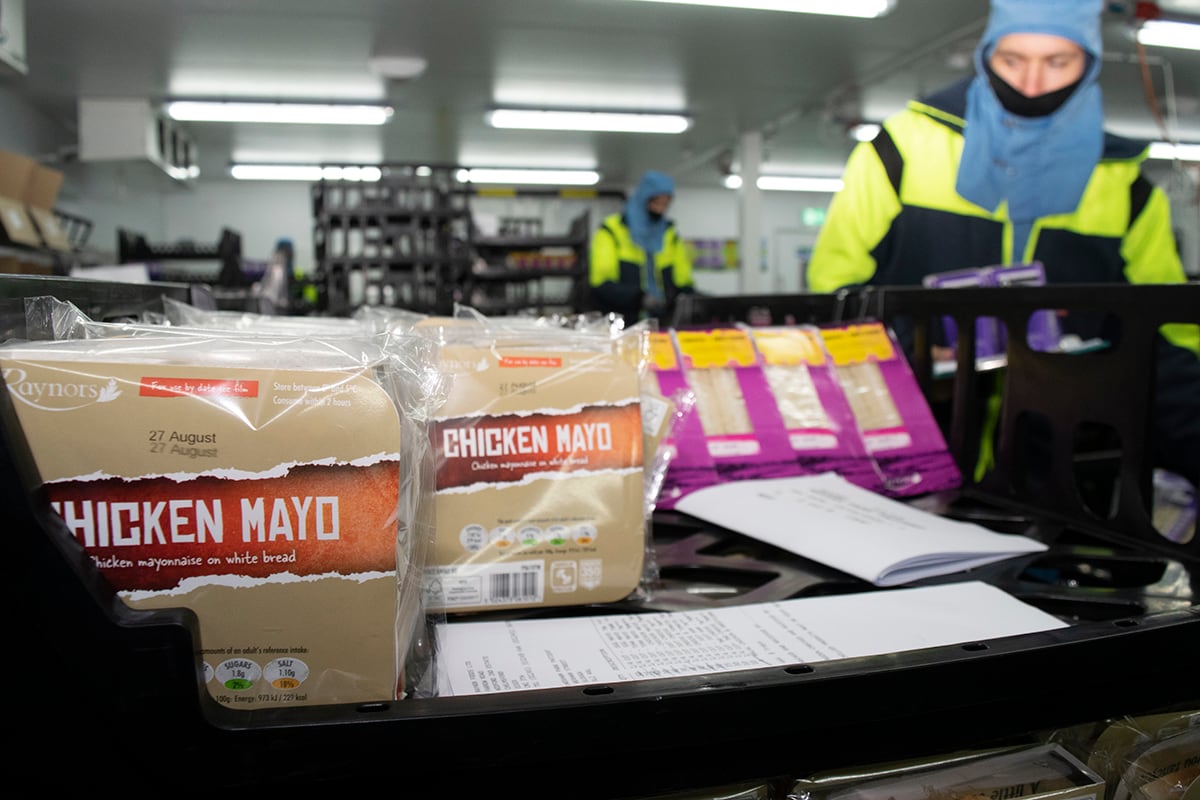
Education
We are seeing airlines start to wake up and do business again. Education is a big question mark. Who knows what is going to happen there? We have developed a frozen range of sandwiches and adapted it specifically for education so that schools can reduce their waste.
We can deliver in bulk and keep the price down and schools can fulfil their obligations to feed people. Some schools have seen this as a solution that will really work with some ordering three times more than they were.
Hospitals are solid and have been solid the whole way though the coronavirus pandemic.
We are working split shifts at the factories at the moment. We have two production lines of workers in furlough as part of our COVID-19 contingency plan. If we do have an outbreak, we can swap two entire production lines in and out.
We have monitored what went on in the UK and in Germany and we are trying to learn lessons from those outbreaks. We have introduced screens, masks and temperature monitoring.
As a company one of the big steps is that COVID-19 has forced us to go national. We now have a distribution hub in the north midlands, which has done wonders for us.
We are looking at expanding the vertical farm and planning to extend our reach into the healthy eating ranges. It doesn’t get any better than us picking products and taking them straight into the factory, which is fresher than fresh and has zero food miles
We are also turning our eye to robotics at the moment and are working with universities and industry leaders on robotics projects. If we can upskill our workers from being sandwich makers to robot technicians then everybody wins. They get a great job, better pay and more transferable skills.
We have about 140 staff and in normal operating conditions, which we are about to go back to in September, we will have 180 and are about to start recruiting.
The market is moving so very quickly."
The Facts:
Location: Widford Industrial Estate, Chelmsford, Essex
Group turnover: £11m last year and expected to hit £13m this year
Staff: 180
Factory size: halal site – 883m2
Main factory: 2,600m2 with 650m2 of ambient warehousing
Main products: sandwiches and paninis including halal and gluten-free
Main customers: Airlines, NHS and education sector
Annual output: 14m units a year but the site has capacity for more than 30m

